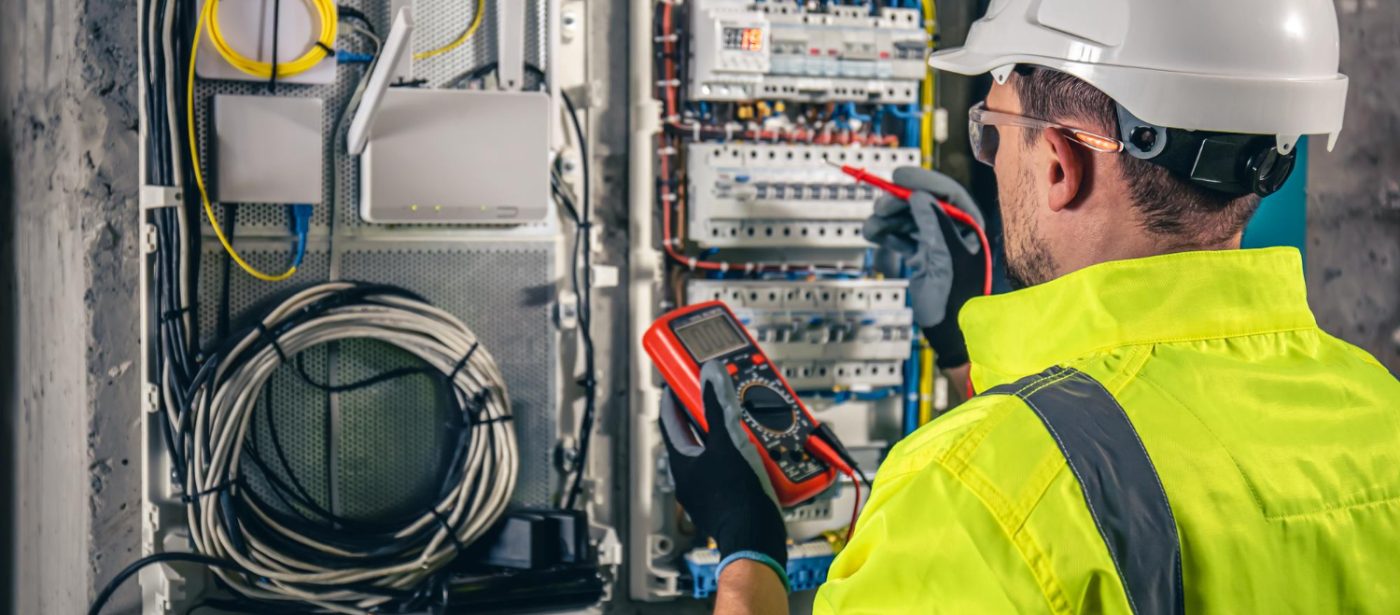Residential electrical systems are essential for powering our daily lives, from lighting up our homes to running appliances. However, these systems can experience various issues that may disrupt their operation. Understanding these problems and knowing how to address them can help maintain a safe and efficient home environment.
Understanding Common Residential Electrical Problems
Residential electrical systems can face a range of common issues that can disrupt daily activities. One frequent problem is flickering lights. This issue can result from loose light bulbs, faulty fixtures, or fluctuations in the electrical supply. Addressing flickering lights promptly can prevent more serious problems from developing.
Another common issue is tripped circuit breakers. Circuit breakers are designed to protect your electrical system by cutting off power when they detect an overload or short circuit. Frequent tripping can be due to overloaded circuits, short circuits, or even a faulty breaker. Identifying the cause and addressing it can ensure a safe and continuous power supply.
Outlets that don’t work are another issue many homeowners face. Non-functional outlets can result from loose wiring, damaged components, or issues with the circuit they are connected to. It’s crucial to identify the cause to prevent potential hazards like electrical fires.
Understanding these common problems helps in diagnosing minor issues and knowing when to take action. Recognizing the symptoms early can prevent more severe complications and ensure the efficient operation of your electrical system.
DIY Solutions for Minor Electrical Issues
Some minor electrical issues can be resolved with simple DIY solutions, making it easier to manage your home’s electrical system. Here are a few common problems and their DIY fixes:
1. Flickering Lights:
- Check Bulbs: Ensure that light bulbs are screwed in tightly. Loose bulbs can cause flickering.
- Replace Bulbs: Old or faulty bulbs can also flicker. Replace them with new ones to see if the problem persists.
2. Tripped Circuit Breakers:
- Identify Overloaded Circuits: Reduce the number of devices plugged into the circuit. Spread out heavy-load appliances to different circuits to prevent overload.
- Reset the Breaker: To reset a tripped breaker, turn it off and then back on. If it continues to trip, the issue may be more severe and require professional attention.
3. Non-Functional Outlets:
- Check the Connections: Ensure that the outlet wiring is secure. Loose connections can prevent the outlet from working.
- Test with a Voltage Tester: Use a voltage tester to check if the outlet is receiving power. If not, there may be a problem with the circuit it’s connected to.
4. Loose Electrical Plugs:
- Tighten Screws: If plugs feel loose in the socket, try tightening the screws on the outlet faceplate.
- Replace Outlets: Sometimes, the internal contacts wear out. In such cases, replacing the outlet is the best solution.
While these DIY solutions can be helpful for minor issues, always prioritize safety. If you’re unsure about how to handle an electrical problem or if the issue persists, it’s best to call our professionals for safe and reliable assistance.
Signs You Need Professional Electrical Services
Recognizing when to call our professionals for electrical services is crucial for maintaining safe and efficient electrical systems. Here are some signs that indicate you need professional help:
1. Persistent Electrical Problems:
- Frequent tripping of circuit breakers or blowing of fuses could indicate a deeper issue that requires professional attention.
- Continuous flickering lights, despite trying DIY fixes, suggest an underlying problem in the electrical system.
2. Burning Smells:
- If you notice a persistent burning smell, turn off the power and call our professionals immediately. This could be a sign of overheating wires or an impending electrical fire.
3. Sparking or Arcing:
- Outlets or switches that spark or arc when in use need immediate professional attention. This can indicate faulty wiring or components that pose a significant risk.
4. Power Outages:
- Unexplained power outages confined to your home could be a sign of an internal electrical problem. Our technicians can diagnose and fix the issue.
5. Old or Outdated Wiring:
- Homes with old or outdated wiring may not meet current safety standards. If your home has knob-and-tube wiring or aluminum wiring, it’s best to have our professionals inspect and upgrade your system.
By paying attention to these signs, you can prevent major electrical issues and ensure the safety and efficiency of your home’s electrical system.
Preventative Measures to Avoid Electrical Problems
Taking preventative steps can significantly reduce the risk of electrical problems in your home. These measures help maintain the safety and efficiency of your electrical system:
1. Regular Inspections:
- Schedule regular electrical inspections with our professionals. They can identify and fix potential issues before they become major problems.
- Inspect outlets and switches for any signs of damage or wear. Replace them if necessary to prevent electrical hazards.
2. Avoid Overloading Circuits:
- Distribute the use of electrical devices across different circuits to avoid overloading.
- Use power strips with built-in circuit breakers to protect your appliances and devices from power surges.
3. Properly Use Extension Cords:
- Avoid using extension cords as permanent wiring solutions. If you need more outlets, have our professionals install additional outlets.
- Do not run extension cords under rugs or through doorways, as this can cause wear and pose a fire hazard.
4. Upgrade Electrical Panels:
- If your home has an outdated electrical panel, consider upgrading it to meet current power demands and safety standards.
- A modern electrical panel can handle higher loads and reduce the risk of tripped breakers and outages.
5. Educate Household Members:
- Ensure that everyone in your home knows the basics of electrical safety, such as not overloading outlets and properly using electrical appliances.
- Teach family members how to reset a circuit breaker safely and when to call for professional help.
By implementing these preventative measures, you can maintain a safe and reliable electrical system in your home and avoid the inconvenience and risks associated with electrical problems.
Conclusion
Maintaining a safe and efficient residential electrical system requires understanding common issues, taking appropriate DIY steps for minor problems, recognizing when to seek professional help, and adopting preventative measures. These steps ensure that your home’s electrical system operates smoothly and safely year-round. Whether you’re dealing with a minor issue or need a comprehensive inspection, addressing electrical problems promptly is crucial for avoiding more significant issues.
For expert assistance with your residential electrical services in Minneapolis, trust the experienced team at Stafford Home Service Inc. Our professionals are dedicated to providing reliable solutions to keep your home safe and powered. Contact us today to schedule an inspection or service and keep your electrical system in top condition.








